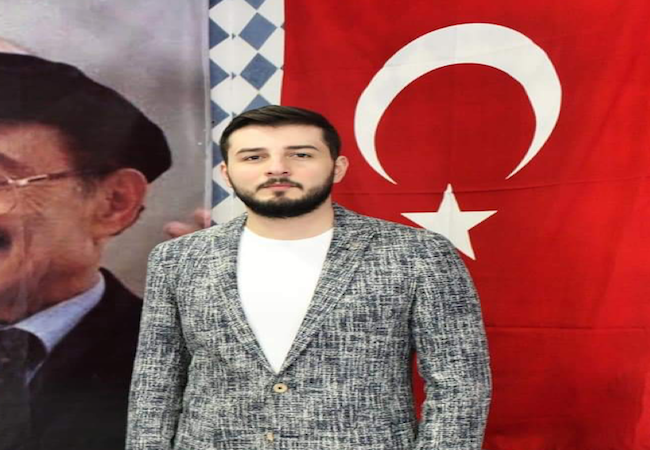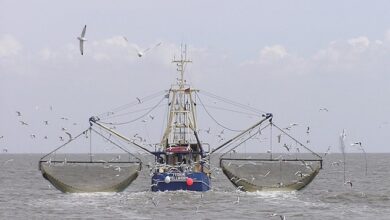Youth want their voice to be heard in politics: a young man running for municipal election in Turkey

By Mehmet Bildik
Contemporary constitutional systems have been emerged by political parties with the supervision of the politicians. Political science emphasizes that the first Professional political party have taken places in the United States for adressing the question of that running government. Prominent political scientist Maurice Duverger who was an excellent contributor to understanding of contemporary politics mentioned that “ without function of political parties, constitutional law doesn’t get essence anymore” Duverger underscores that the civic politic mechanism should comply with the constitutional law. Politicians are along with constitutional law shall maintain representation, political recruitment process and finally encouraging political determination. Therefore critical balance will come out through cohabitation among politicians, parliament and several election committe.
Many political parties across the world have created youth wings with the express of intention to attract younger members, some of whom having hesitation to participate to the main organisation. As the age profile of members has grown older increasingly, youth wings have been recognised as possessing the potential to address the under-recruitment issues of young people. This is well known that, youth wings and youth members are typically separated from the main party meaning relationship with the parent party are conditional and contested. Youth wings have some independence from main party to develop their own positions on policy and organise events such as annual conferences. However, they are dependent on the main party for funding and their representation and influence is determined by the old aged members. While some youth members have seats in the main party executive apparatus and have same input in policy formation, others do not. As such, scholars have classified them as semi-independent at the margins of the main party membership who see the primary function of young wings as recruiting, training, and socialising new members and future leaders.
Each life stage also has its own distinct characteristics and social inclinations. For example, while young people are likely to be members of youth groups or sports teams, the middle aged are more commonly members of parent-teacher associations, and the retired ones will generally take membership in groups that are geared to senior citizens. Moreover, some forms of political participation are not possible for young people due to age restrictions, the most significant of these is voting that young members perceived as ineligible voters inside party management mechanism. Without participation, young people miss out on the biggest stepping stone to increased political action and it is not suprising that they will have lover levels of political participation.
To shed light on the situation of young people in Turkey’s politics, youth branches of the all parties should be examined accurately. Although all political parties in Turkey have their distinct ideological stance, all parties say that young people’s interest in politics is increasing gradually. Yet they said it is still not at the desired levels, especially considering the public’s demand to see new faces in politics. To further increase youth participation in politics, each party’s youth branches said that the needs of young people should be met as the quality of life gets comfortable, it is easier to get involved in politics. Moreover Turkish President Recep Erdogan’s reform on the election system in terms of age restriction, has created a new wave of enthusiasm among Turkey’s youth. Turkey’s rightful struggle against terrorist organisations positively influences the country’s young electorate. As Turkey’s gaining success against terrorist organisations in the country and abroad, it especially fascinates young people among many other segments of society. As President Erdogan conducts reforms for youth in Turkey, they are encouraged to join in political political porcess for upcoming 31 March 2019 Turkish local elections. One of the youth is Mr. Bilal Bildik running for Cukurova muncipality in Adana city of Turkey
Kemal Bilal Bildik who wanted to create a new trend in Turkish politics at the age of 22, became a candidate for Cukurova Municipal Council member from Democratic Left Party.
A young Turkish man draws attention among the other candidates as Turkey heads toward March 31, 2019 local elections. Democratic Left Party’s Cukurova Council candidate Mr Bilal Bildik have been marked as youngest candidate in Turkish municipal election history. Young Bilal stated that “first of all, I wish success to my party and other candidates. I am very thankful to Turkish President Erdogan for encouraging Turkish youth; he opened this way for us. I need to be supported by valuable youth. I am candidate who will be serving secular and modern republic.”
Bilal Bildik was born in 1996 in Adana province of Turkey. In addition to his education on the Computer and Technological Science, he continues his career in theater and conservatory. Young Turkish candidate Bilal says that he will represent the will of the young people and will be their voice in the council to strengthen secular republic established by Mustafa Kemal Ataturk.
Turkey’s youth are eager to be more involved in politics and want their country to be managed by younger people with fresher minds, while supporting the government decision to lower the election age from 25 to 18. Turkey has a huge young population, with 16 percent of its overall population consisting of young people between the ages of 15 -24 which is biggest percentage among the European countries. Turkey’s political future is expected to be highly affected by the young voters’ preferences.
Mehmet Bildik is a Political Scientist and Businessman. He is an expert on military and strategic affairs and was political assistant of Council on Foreign Relations. He obtained MA degree on security and diplomacy at Bucharest National School of Political Science and Public Administrative Studies.




